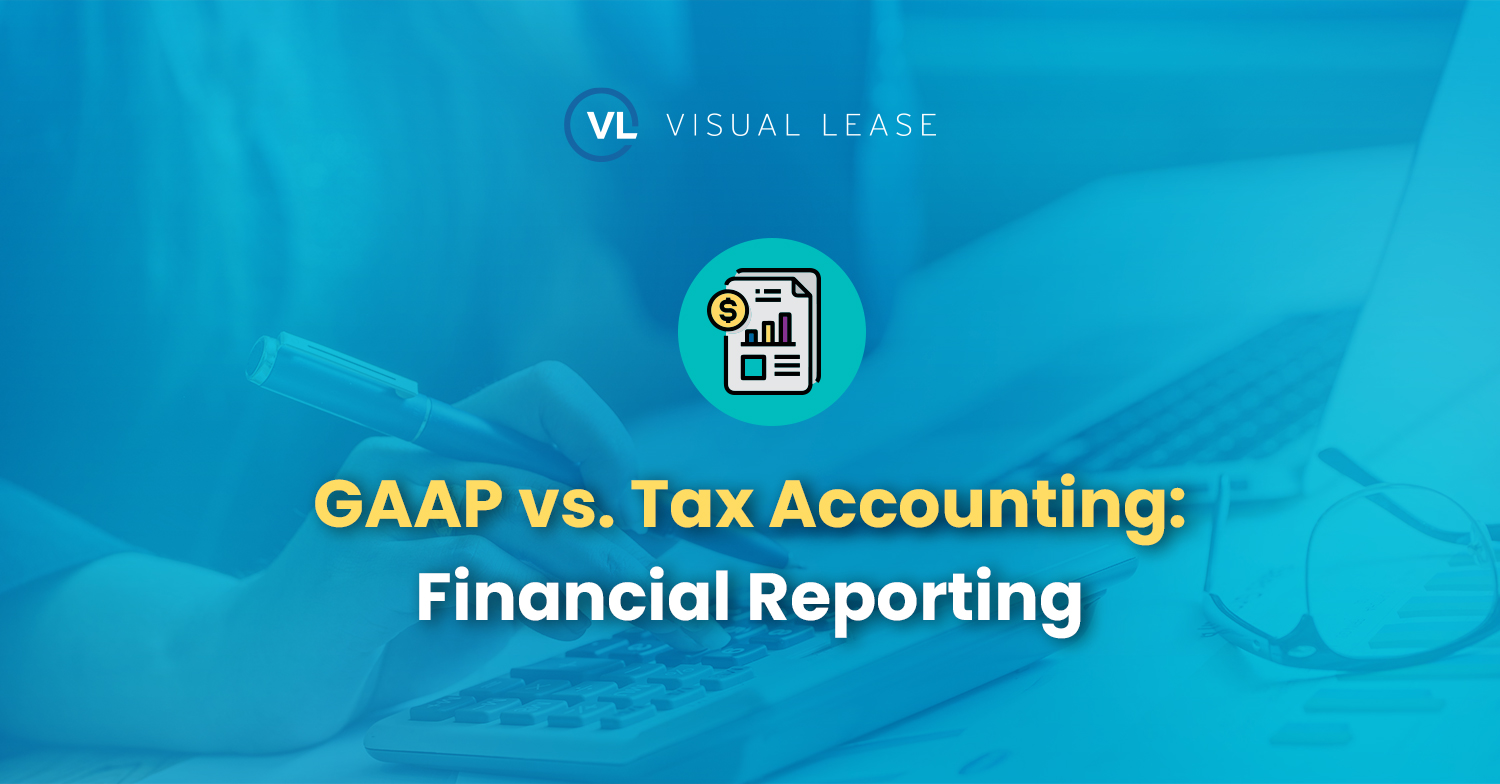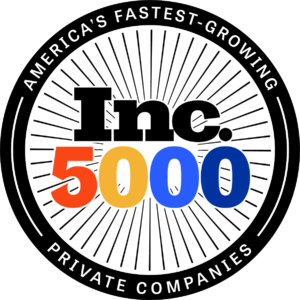
After the introduction of ASC 842, some private companies have struggled with the requirement to record the vast majority of their leases to the balance sheet. As a result, some organizations turned to tax basis to file statements instead of following lease accounting rules.
GAAP (Generally Accepted Accounting Principles) and tax accounting are two different sets of accounting standards that companies are required to follow. While both are used to report financial information, they have different purposes and requirements.
What is GAAP?
GAAP is the set of rules and guidelines that publicly traded companies in the United States must follow when preparing financial statements for external stakeholders, such as investors, creditors, and regulators. GAAP principles are designed to ensure that financial statements are accurate, complete, and comparable across companies.
What is Tax Accounting?
On the other hand, tax accounting is used to calculate a company’s tax liability to the government. The Internal Revenue Service (IRS) requires companies to report their taxable income based on the tax code and regulations, which can differ significantly from GAAP principles.
GAAP vs. Tax Accounting
The main difference between GAAP and tax accounting is their objectives. While GAAP is focused on providing accurate financial information to external stakeholders, tax accounting is focused on complying with tax laws and regulations. This difference in objectives can lead to discrepancies between the two accounting methods, making it difficult to reconcile financial information.
What are some examples of discrepancies between GAAP and tax accounting?
- Timing of revenue: GAAP requires revenue to be recognized when it is earned, regardless of when it is received. On the other hand, tax accounting requires revenue to be recognized when it is received, regardless of when it is earned. This can create discrepancies in revenue recognition between the two methods, leading to different reported profits.
- Treatment of depreciation: GAAP allows for different depreciation methods, such as straight-line or accelerated depreciation, based on the useful life of the asset. Tax accounting, however, requires companies to use specific depreciation methods, such as the Modified Accelerated Cost Recovery System (MACRS), which can differ from GAAP methods.
These differences between GAAP and tax accounting can create challenges for companies when reconciling financial information. Companies must ensure that their financial statements are accurate and complete, while also complying with tax laws and regulations. This can require significant resources and expertise, as well as the use of specialized software and tools to manage the complexity of the reconciliation process.
Additionally, tax basis financial statements may not be accepted by all users, such as lenders and investors, who may require GAAP financial statements. Private companies that use tax basis financial statements may need to provide additional disclosures to explain the differences between tax basis and GAAP financial statements.
Finding The Right Technology: GAAP Accounting Software
The biggest challenge in accounting, regardless of whether it is GAAP vs. tax accounting, is tracking down data, managing changes, and maintaining controls. Managing leases, for example, can be a challenging and complex process, regardless of the accounting basis used.
- For example, if a company is using GAAP accounting, they need a lease management system that can track and manage lease data in accordance with GAAP principles.
- Similarly, if a company is using tax accounting, they need a system that can handle the specific tax regulations and requirements related to lease transactions.
Companies must have strong controls and processes in place to ensure that their lease accounting and management data is accurate and up to date. Companies may need to invest in specialized software and tools to manage the complexity of lease accounting and ensure compliance with accounting methods.























